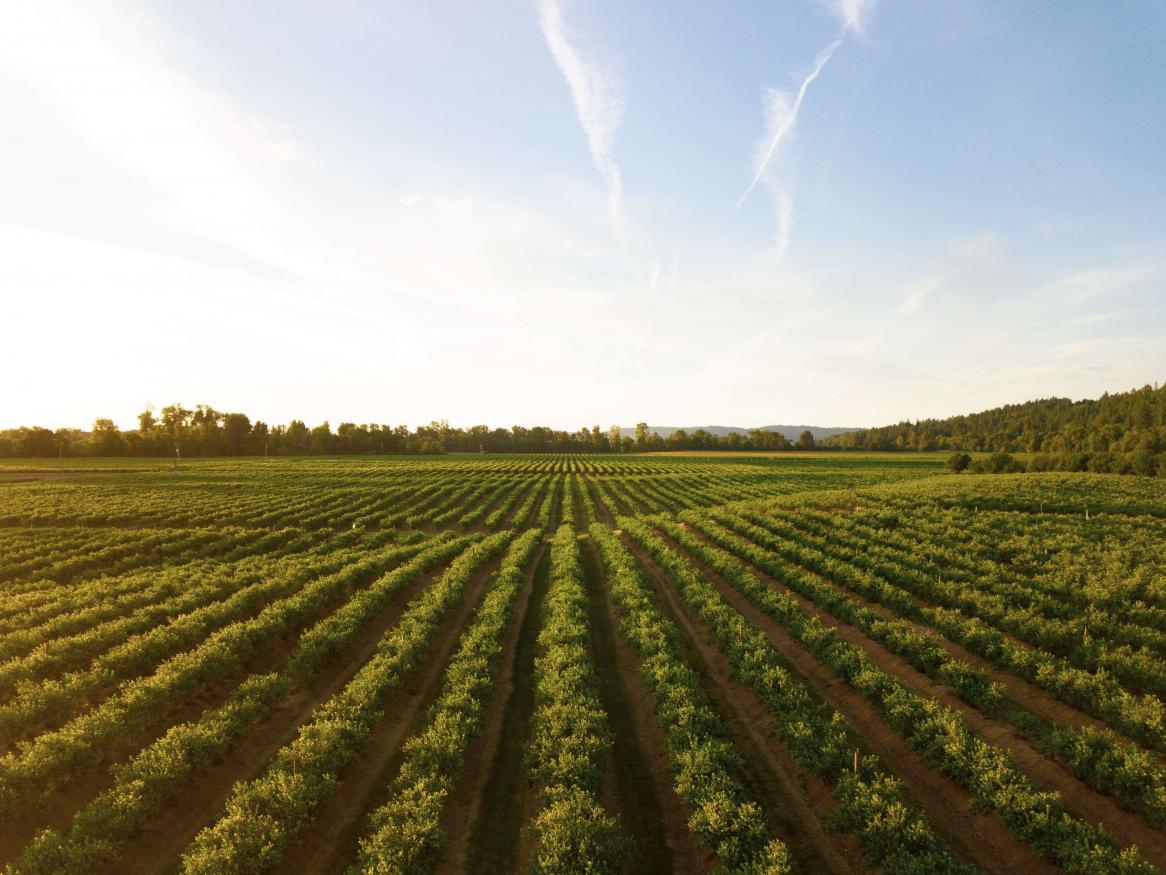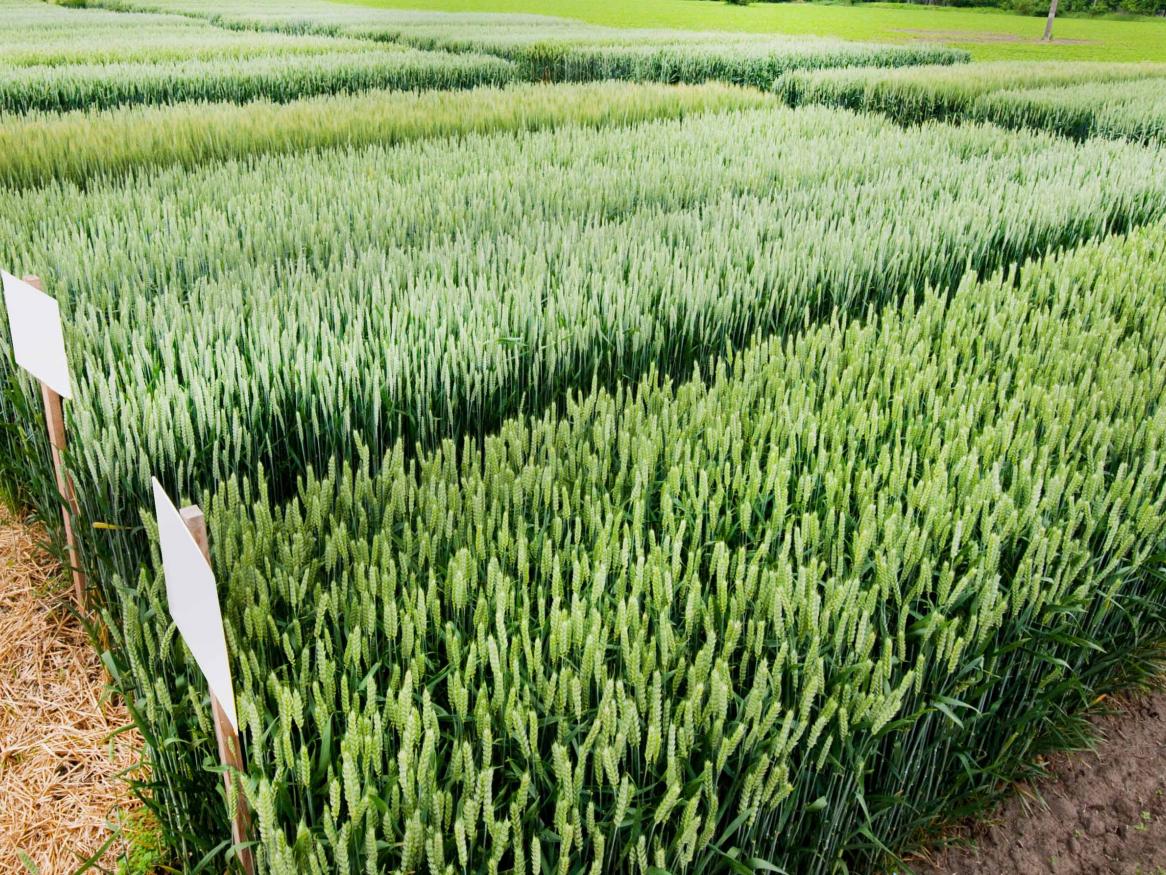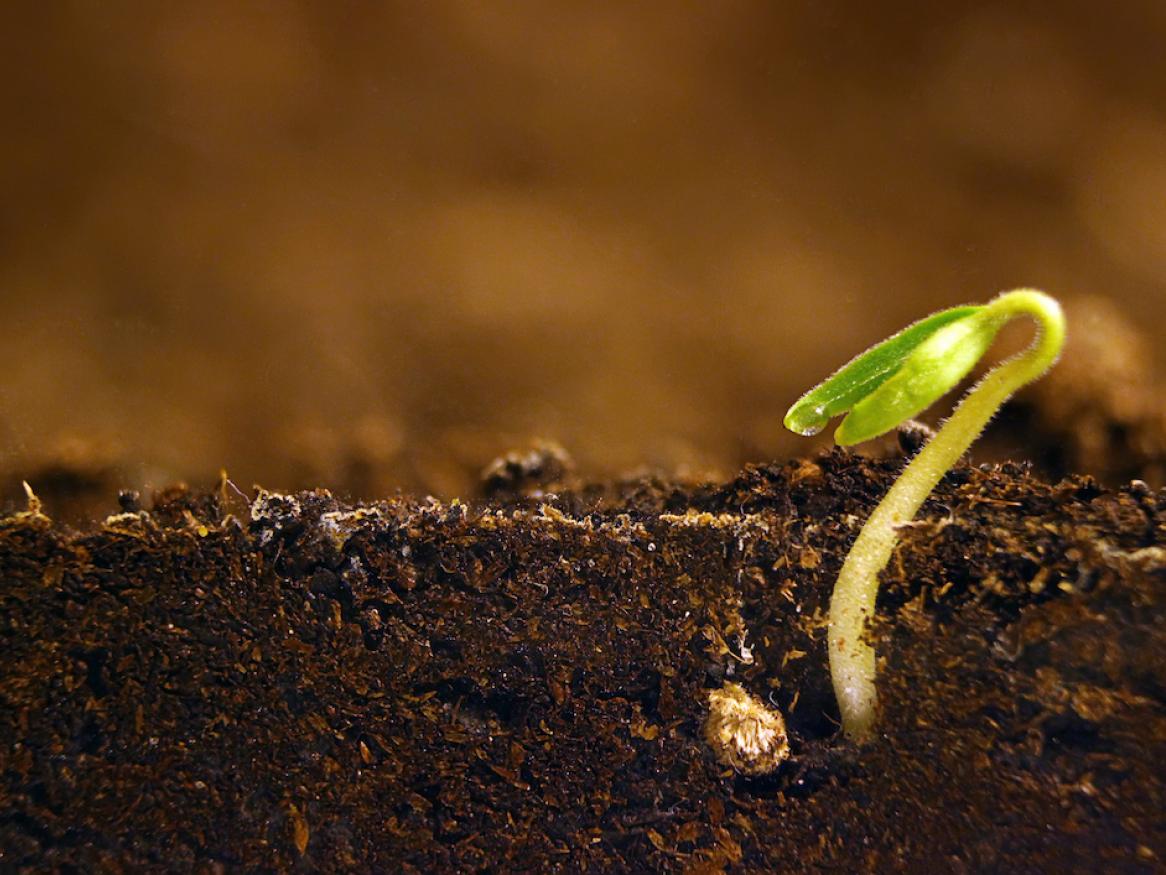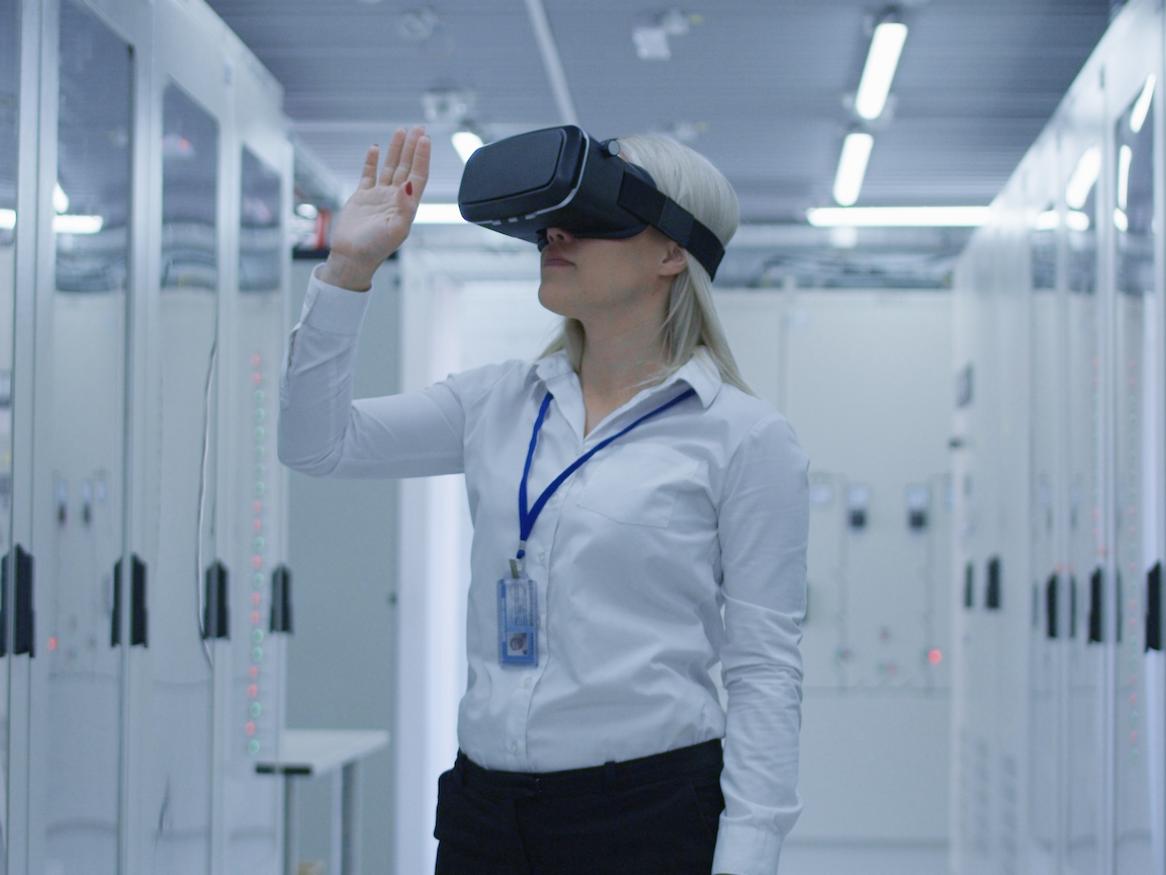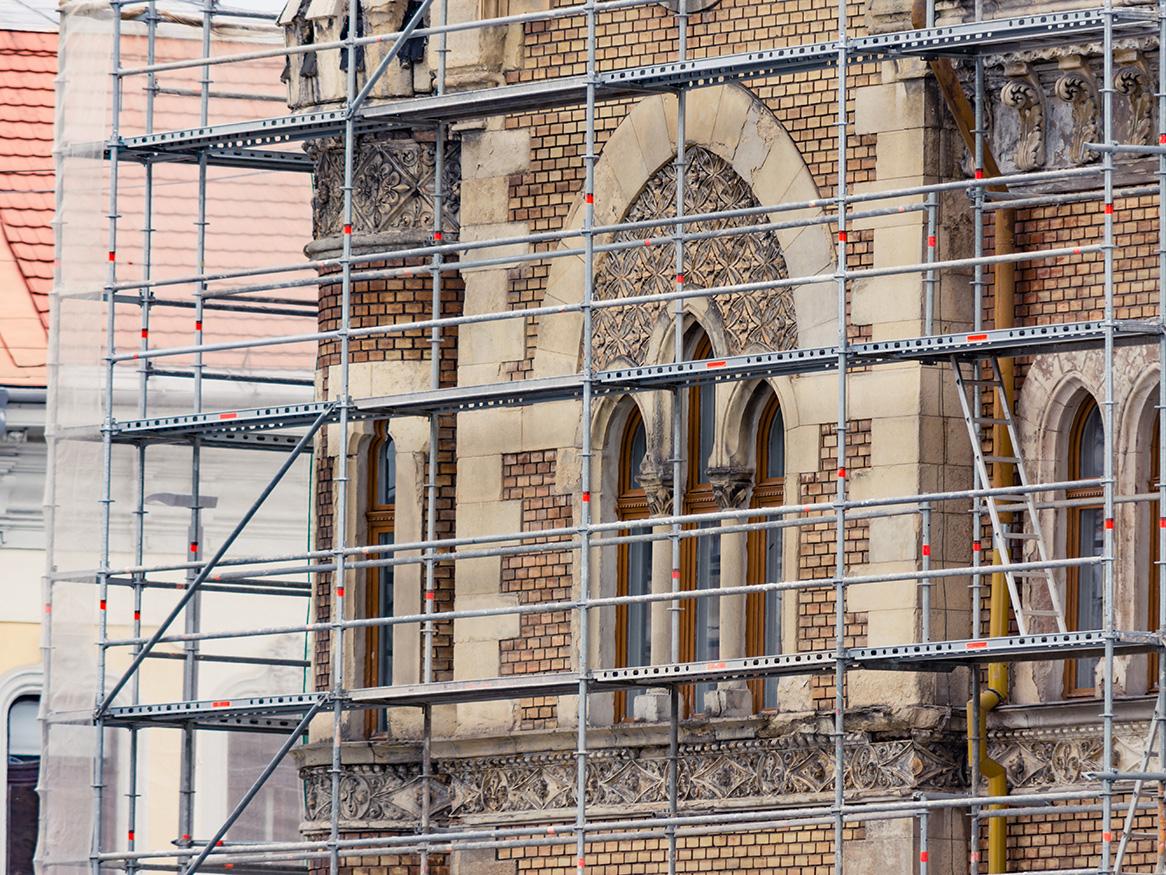Latest Research News
Latest Research News
Breakthrough research for a better world
Featured stories
Mitigating misinformation on social media
Using innovative AI tools and ‘big data’ analysis, University of Adelaide researchers are protecting the public against harmful online influence.
Read more about Mitigating misinformation on social mediaThe future of power: optimising and storing renewable energy
Australia’s premier chemistry and materials scientist, Professor Shizhang Qiao, is advancing renewable energy through his first-ever innovations in catalysis and aqueous batteries.
Read more about optimising and storing renewable energyGreen Hydrogen: pioneering a path to a carbon-free future
University of Adelaide researchers are taking their innovative Green Hydrogen technology to the next level.
Read more about pioneering a path to a carbon-free futureOvercoming the ‘fake news’ era: reinvigorating journalism with a new approach
As negativity increases towards media for both news consumers and reporters, a new approach to journalism is re-energising the vital industry.
Read more about reinvigorating journalism with a new approachDeveloping the first drug for multi-organ radiation protection
A pharmaceutical breakthrough at the University of Adelaide is showing promise in both multi-organ radiation protection and cancer treatment.
Read more about Developing the first drug for multi-organ radiation protectionNew Adelaide University opens in 2026
The University of Adelaide and the University of South Australia are combining their strengths to create a new university for the future, Adelaide University, opening in January 2026.
Agriculture, food and wine
New Weapons in the Battle Against Herbicide-Resistant Weeds
The Soares da Costa team from the University of Adelaide’s Waite Research Institute has developed new herbicidal compounds that will stop resistant weeds in their tracks.
Assembling haplotypes faster than ever with HaploMaker
A team from the Biometry Hub at the University of Adelaide has developed an improved algorithm for haplotype assembly that could help researchers more accurately track plant genetic variation.
Stress less! Targeting the plant cargo hub to help them deal with environmental stress
Just like an international port in a big city, every individual plant cell contains its own cargo hub that responds to their import and export needs.
Creativity and culture
Overcoming the ‘fake news’ era: reinvigorating journalism with a new approach
As negativity increases towards media for both news consumers and reporters, a new approach to journalism is re-energising the vital industry.
The solution to staying safe could lie in the virtual world
Whilst many of us escape into virtual worlds as a fun diversion, Researchers believe the secret to teaching people to behave safely and act decisively in the real world can also be found amongst online realms.
Reading the history of indigenous South American peoples in ancient DNA
Ancient human DNA dating back almost 9,000 years has provided significant genetic insights for an international large-scale study in South America.
Defence, cyber and space
Mitigating misinformation on social media
Using innovative AI tools and ‘big data’ analysis, University of Adelaide researchers are protecting the public against harmful online influence.
Developing the first drug for multi-organ radiation protection
A pharmaceutical breakthrough at the University of Adelaide is showing promise in both multi-organ radiation protection and cancer treatment.
Growing plants for space: securing Earth’s sustainable future
University of Adelaide researchers are helping humanity explore among the stars by developing off-Earth agriculture and––in the process––finding interstellar solutions that could transform plant cultivation here at home.
Energy, mining and resources
The future of power: optimising and storing renewable energy
Australia’s premier chemistry and materials scientist, Professor Shizhang Qiao, is advancing renewable energy through his first-ever innovations in catalysis and aqueous batteries.
Green Hydrogen: pioneering a path to a carbon-free future
University of Adelaide researchers are taking their innovative Green Hydrogen technology to the next level.
Waves to watts: converting wave power to electricity
Climate change and coastal erosion are two big, intractable problems facing Australia. Fortunately, the University of Adelaide’s wave power research group offers an innovative approach to solve both issues.
Environment, sustainability and climate change
Restoring lost reefs: bringing oysters back from extinction
With ‘ocean music’ and a multi-species approach, University of Adelaide research is helping restore reefs crucial to the recovery of lost ecosystems.
Preserving culture: protecting heritage buildings against earthquakes
Our engineering researchers have developed breakthrough methods to earthquake-proof heritage buildings, advancing disaster resilience and safeguarding historic cultural sites around the globe.
New AI-powered Bushfire-fighting App NOBURN Goes Live
University of Adelaide experts from the Australian Institute for Machine Learning (AIML) developed a new AI-powered model to help predict and prevent devastating bushfires.
Health and biotech
Harnessing AI to revolutionise endometriosis diagnosis
An interdisciplinary research team are using ground-breaking AI technologies to make the historically fraught process of endometriosis diagnosis faster, more cost-effective, and less invasive with IMAGENDO®.
Breast cancer breakthroughs: dual innovations spark hope
Two breakthrough treatments from the University of Adelaide are set to reduce harmful side effects and boost survival rates for the most common cancer found in women: breast cancer.
Measuring light: the world’s most accurate ruler
A portable laser device that tests your breath for signs of disease and organ failure is just the start of the University of Adelaide’s ambitions for laser technology.
Societal wellbeing
Unpacking sugar’s effects on kids’ brains
Sugar has long been blamed for hyperactivity in children, but research from the University of Adelaide reveals that its effects on the young brain are far more complex and long-lasting.
Cashless society: the true cost of pain-free payments
A new study from University of Adelaide researchers has revealed that while cashless payments are convenient, they come at a price.
Digital age: screen time’s effect on language learning in children
Research at the University of Adelaide highlights how screen time can interfere with—and possibly aid—children’s early development.






